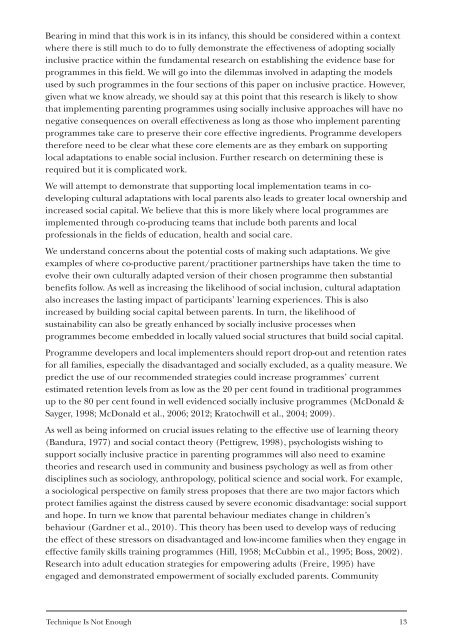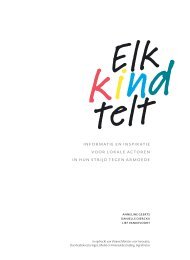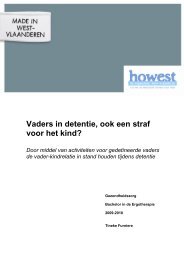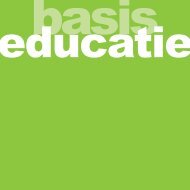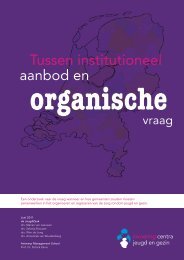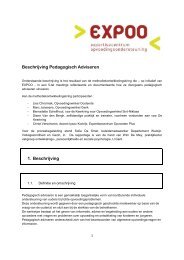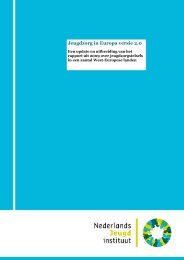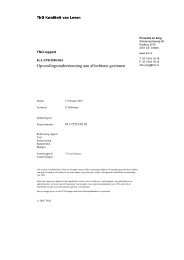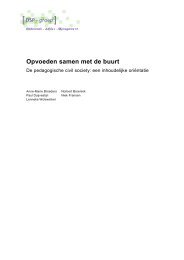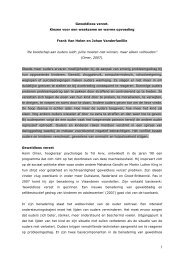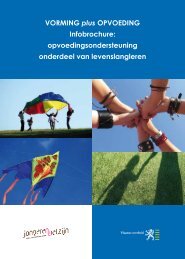Technique Is Not Enough (TINE) - British Psychological Society
Technique Is Not Enough (TINE) - British Psychological Society
Technique Is Not Enough (TINE) - British Psychological Society
- No tags were found...
You also want an ePaper? Increase the reach of your titles
YUMPU automatically turns print PDFs into web optimized ePapers that Google loves.
Bearing in mind that this work is in its infancy, this should be considered within a contextwhere there is still much to do to fully demonstrate the effectiveness of adopting sociallyinclusive practice within the fundamental research on establishing the evidence base forprogrammes in this field. We will go into the dilemmas involved in adapting the modelsused by such programmes in the four sections of this paper on inclusive practice. However,given what we know already, we should say at this point that this research is likely to showthat implementing parenting programmes using socially inclusive approaches will have nonegative consequences on overall effectiveness as long as those who implement parentingprogrammes take care to preserve their core effective ingredients. Programme developerstherefore need to be clear what these core elements are as they embark on supportinglocal adaptations to enable social inclusion. Further research on determining these isrequired but it is complicated work.We will attempt to demonstrate that supporting local implementation teams in codevelopingcultural adaptations with local parents also leads to greater local ownership andincreased social capital. We believe that this is more likely where local programmes areimplemented through co-producing teams that include both parents and localprofessionals in the fields of education, health and social care.We understand concerns about the potential costs of making such adaptations. We giveexamples of where co-productive parent/practitioner partnerships have taken the time toevolve their own culturally adapted version of their chosen programme then substantialbenefits follow. As well as increasing the likelihood of social inclusion, cultural adaptationalso increases the lasting impact of participants’ learning experiences. This is alsoincreased by building social capital between parents. In turn, the likelihood ofsustainability can also be greatly enhanced by socially inclusive processes whenprogrammes become embedded in locally valued social structures that build social capital.Programme developers and local implementers should report drop-out and retention ratesfor all families, especially the disadvantaged and socially excluded, as a quality measure. Wepredict the use of our recommended strategies could increase programmes’ currentestimated retention levels from as low as the 20 per cent found in traditional programmesup to the 80 per cent found in well evidenced socially inclusive programmes (McDonald &Sayger, 1998; McDonald et al., 2006; 2012; Kratochwill et al., 2004; 2009).As well as being informed on crucial issues relating to the effective use of learning theory(Bandura, 1977) and social contact theory (Pettigrew, 1998), psychologists wishing tosupport socially inclusive practice in parenting programmes will also need to examinetheories and research used in community and business psychology as well as from otherdisciplines such as sociology, anthropology, political science and social work. For example,a sociological perspective on family stress proposes that there are two major factors whichprotect families against the distress caused by severe economic disadvantage: social supportand hope. In turn we know that parental behaviour mediates change in children’sbehaviour (Gardner et al., 2010). This theory has been used to develop ways of reducingthe effect of these stressors on disadvantaged and low-income families when they engage ineffective family skills training programmes (Hill, 1958; McCubbin et al., 1995; Boss, 2002).Research into adult education strategies for empowering adults (Freire, 1995) haveengaged and demonstrated empowerment of socially excluded parents. Community<strong>Technique</strong> <strong>Is</strong> <strong>Not</strong> <strong>Enough</strong> 13


